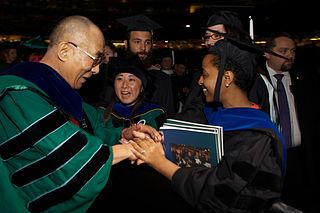Planetary Wisdom and the Keystone XL Pipeline

My favorite personal experience along these lines goes back to my younger days in which I chronicled the Nobel laureates in protein chemistry when I was a marketing consultant to Hewlett-Packard in the 1990s. In the three or four years I worked for them I did a dozen or so campaigns, and, a few times, tapped into the lore of the Nobel Prize for my content.
At one point, I noted that Linus Pauling was the only person in history to win two unshared prizes, though in my mind his most remarkable accomplishment was winning in two different disciplines; he was the father of both quantum chemistry and molecular biology, and wound up winning the prize for both chemistry and peace.
In particular, Pauling’s entire career stood the scientific community on its ear. When, as he aged and began to make assertions about dietary supplements, the scientific community overtly laughed at him, calling him “arguably the world’s greatest quack.”
But when those assertions were revealed to be correct, Pauling won a small battle against what I feel is an important suppressor to humankind: over-specialization. Our individual zones of inquiry into truth have become so intensely focused that virtually none of us solve problems “thinking outside the box,” i.e., looking at the world from new and different perspectives — a practice that, in fact, has resulted in almost all of humankind’s most astounding and important discoveries. In the mid-20th Century, it was regarded absurd that Pauling, a chemist, could make an important contribution to biology. Fast-forward 60 years, and we can see how our scientific blinders have ever-increasingly narrowed our vision. Is there a role for a modern-day Da Vinci? It hardly seems possible, though I wonder at what cost this specialization has come. Is it really a positive development that there are no more artist-scientists or philosopher-physicists?
That was a rather long story just to tell you this: the 14th Dalai Lama, who won the Nobel Peace Prize in 1989, a man whose wisdom spans many dimensions in my opinion, makes a reasonable and passionate argument against the construction of the Keystone XL Pipeline, which he expresses here. Is it possible that a man of deep philosophic thought has a legitimate role in today’s discussion on economics and energy policy? I’ll leave it to you to make that call.
